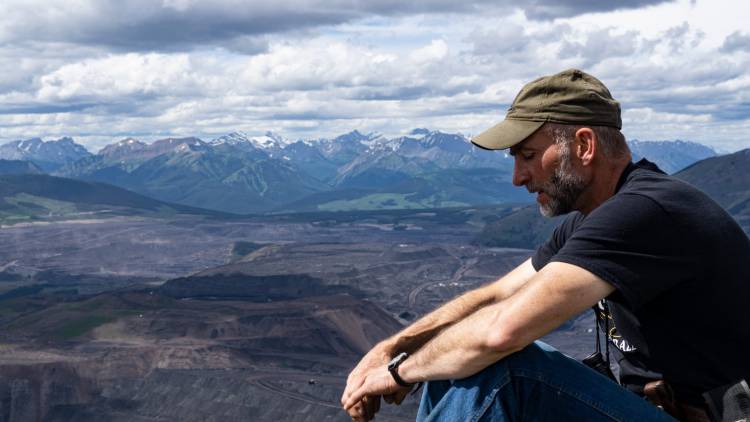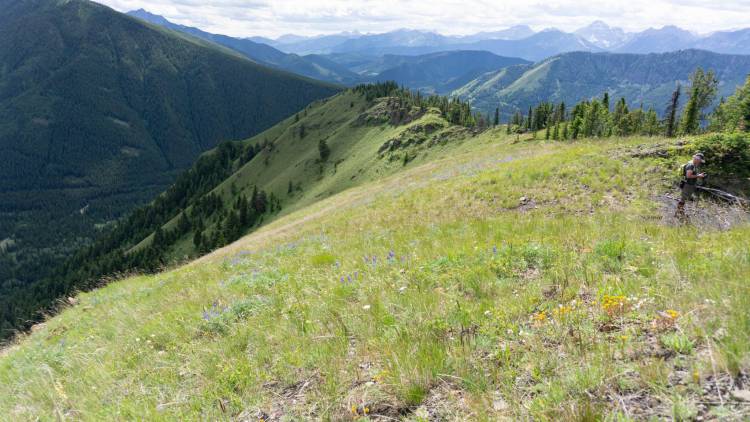Teck’s Castle coal mine will have a federal environmental assessment, Federal Environment Minister Jonathan Wilkinson announced today. That’s good news for fish, bears and other wildlife in BC’s southern Rockies!
The Minister ordered the assessment after Wildsight and other conservation groups, First Nations, U.S. governments and hundreds of people like you requested a full federal assessment of the massive coal mine. When we speak up together, government listens!
While the mine was not automatically selected for federal assessment because Teck claimed it was only a small expansion of the existing Fording River coal mine, in reality the mine would be massive—a fact Minister Wilkinson pointed to in his decision. It only makes sense that Canada’s largest coal mine by production gets the highest level of environmental assessment in Canada.
The Minister also highlighted the downstream dangers from the mine for fish in the US, including species at risk and impacts on First Nations, which are all key areas of federal responsibility. If Teck can’t show how they can reduce selenium pollution downstream of their mines in the long-term—that means without expensive short-term fixes like water treatment that just push the problem down the road—then no reasonable environmental assessment should approve Castle.

It’s clear that BC’s past environmental assessments for coal mines in the Elk Valley haven’t grappled with the long-term dangers of water pollution, because they keep approving more mining based on promises of future water treatment. And even though open-pit coal mining has been going on in the Elk Valley for decades, there has never been a federal assessment of any of the existing coal mines. Wilkinson heard concerns from Wildsight and many others that BC’s environmental assessment process in the Elk Valley isn’t keeping our fish and rivers safe and acknowledged those concerns in ordering the federal assessment.
With multiple First Nations weighing in for the federal assessment from both sides of the U.S.-Canada border, Wilkinson also acknowledged that the mine could have impacts on First Nations’ rights in their traditional territories—and that the federal government has a responsibility to protect those rights.
Wildsight thanks Minister Wilkinson for making the right decision to take a close look at the impacts of so much coal mining in the Elk Valley.
To everyone who sent a message or made a phone call to Minister Wilkinson: thank you! Thank you to Ecojustice and the dozens of groups from San Francisco to Alaska to Ottawa who spoke up for the Elk Valley. Together, our voices for our rivers, fish, bears and bighorn sheep were heard in Ottawa.
Today, we celebrate a victory for the wild. Tomorrow, the hard work of making sure the federal environmental assessment for Castle fully considers the environmental dangers of this coal mine begins.








